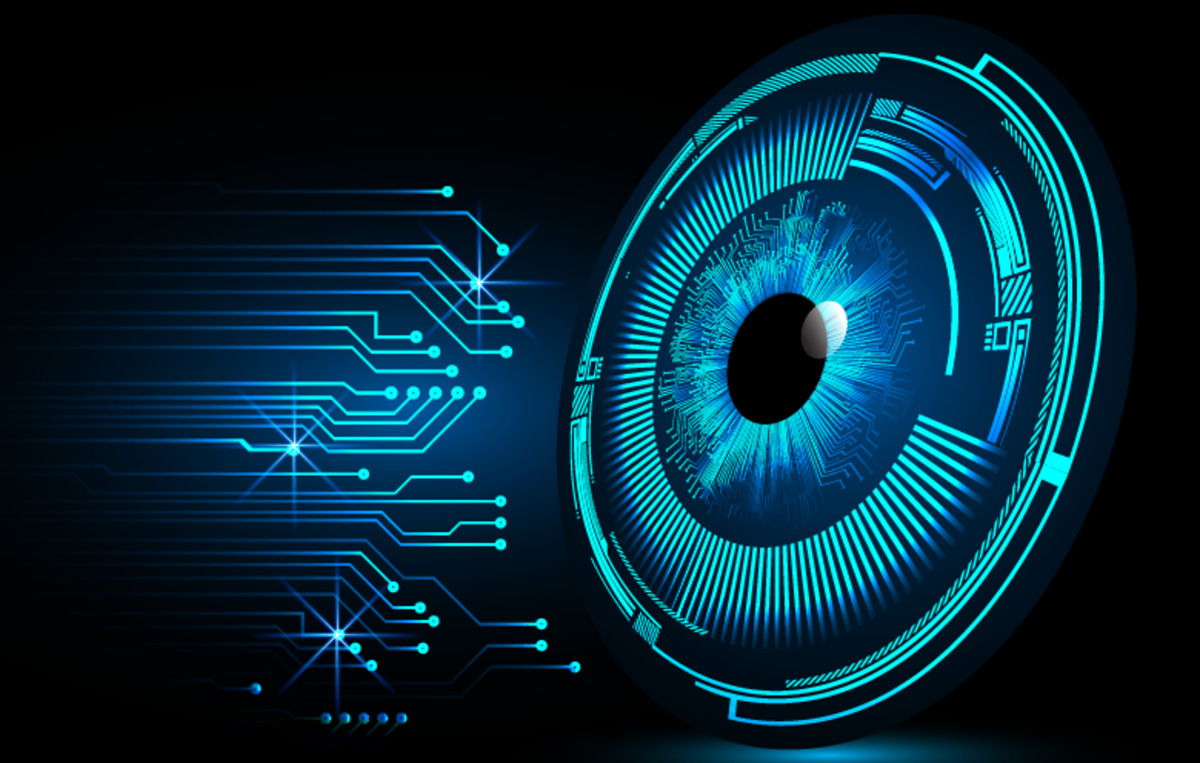🌟 Editor's Note
Welcome to another exciting week in the Vision AI ecosystem! We've got a packed newsletter full of insights, events, and inspiring stories from the heart of innovation.
🗓️ Event Highlights
The Ultralytics YOLO Vision 2025 event is a one-day hybrid conference on Vision AI, machine learning, and computer vision. It will be held on Thursday, September 25, 2025, from 10:00 AM to 6:00 PM BST at The Pelligon in London. The event will feature a product launch and talks from industry leaders, including Glenn Jocher (Founder & CEO of Ultralytics), Adrian Boguszewski (Software Evangelist at Intel), and Elaine Wu (Edge AI Partnership & Marketing at Seeed).
Ticket options include an in-person early bird ticket for $100, a free virtual ticket, and a free in-person ticket for students. Virtual attendees can watch on YouTube or BiliBili. [link]
Upcoming Deadlines:’
ECCV’26 : 196 days
WACV’26 (R2, reg) : 22 days
WACV’26 (R2, paper) : 29 days
ICLR’26 (abs) : 29 days
ICLR’26 (paper) : 34 days
🚀 Case study
The Rise of Vision AI in Hospital Inventory management
U.S. hospitals lose $25B annually to expired supplies, excess stock, and last-minute procurement. Barcode scanning and RFID gave visibility—but not prediction.
In their latest blog, Chooch AI highlights how Vision AI + predictive analytics are changing the game for hospital inventory management. Instead of logging usage, AI learns from consumption patterns, vendor reliability, and seasonal demand to predict shortages before they happen.
Hospitals using AI move from reactive reordering to proactive, data-driven supply chains, giving clinicians confidence that supplies will be there when needed.[link]
🦄 Startup Spotlight
PixoAnalytics : AI- powered visual inspection for manufacturing and logistics
PixoAnalytics is a German-based computer vision and AI company that specializes in identifying and tracking items by analyzing their unique natural surface patterns. Founded in 2021, the company assists manufacturers and logistics companies in improving quality, efficiency, and security with its camera-based identification systems.
The technology achieves a high accuracy of 99.9% and can identify objects in milliseconds without the need for labels, tags, or chips.
The company offers solutions for Anomaly Detection, Fraud and Counterfeit Protection, Quality Assurance, and Track and Trace, which are applicable across various industries like postal services, e-commerce, and manufacturing.
PixoAnalytics' technology is unique because it is tamper-proof, environmentally friendly, and cost-effective. The company has received recognition and awards for its label-less parcel tracking solution.
🔥 Paper to Factory
Summary:
LENS, a new reinforcement-learning framework, improves text-prompted image segmentation by jointly optimizing chain-of-thought reasoning and segmentation. It uses unified rewards across different levels to generate informative rationales and refine mask quality. This approach significantly outperforms existing methods, achieving 81.2% cIoU on key benchmarks.
🏆 Community Spotlight:
In the recent Latent space post, Matvei Popov of Roboflow highlights the vision and visual reasoning capabilities of GPT-5
In their latest blog post, viso.ai discusses the massive ergonomic injury epidemic in manufacturing industries and how Vision AI can reduce costs.
SKY ENGINE AI’s latest blog discusses the highlights of the SIGGRAPH 2025 conference and the latest research in Vision AI
Reddit / X corner:
Ultralytics discuss on how to generate videos with Veo3, refine prompts and apply real time zone counting with YOLO
A latest Reddit post discusses the struggles with finding frameworks for pose detection for ergonomics
Till next time,
Vision AI weekly
1

